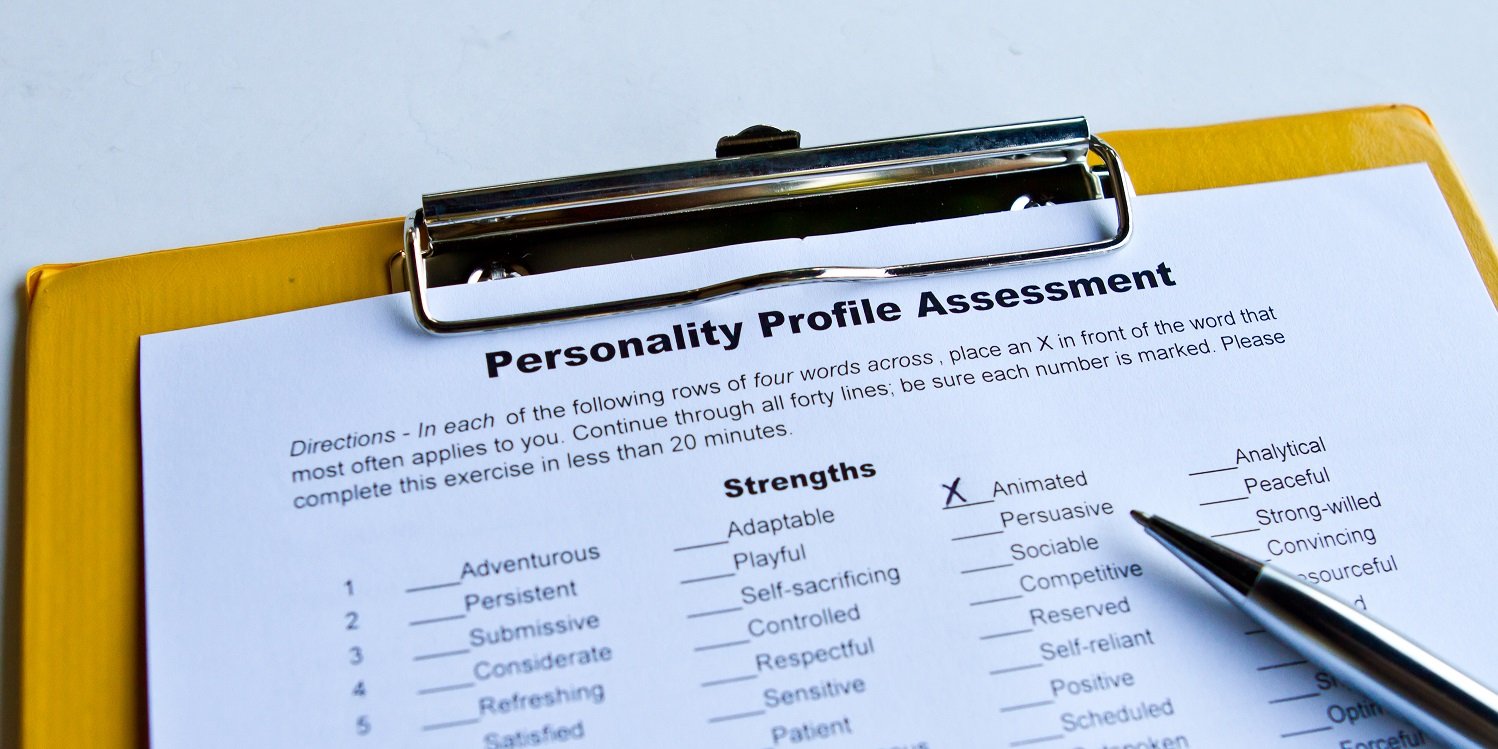How can employers manage different personality types in the workplace - particularly when clashes occur? HR professional Gemma Dale dives into the concept of personality and how to handle any issues that may arise.
Each of us is unique – we all have our own values, beliefs, drives and desires. These inform how we feel, how we behave, and how we display our own particular characteristics. Together, these elements form our personality.
What is personality?
There are many different ways to define “personality” as a concept, and many different attempts have been made to categorise personality types. There is no real agreed definition even of what a personality actually is. Some theories about personality focus on specific traits – the different characteristics that we have – and others focus on the way that we behave.
However we look at personality, one thing is certain: it is part of who we are at work. It influences the choices that we all make about work, and how we behave there too.
Personality tests

In an attempt to understand personality types in the workplace, some organisations use personality tests. The aim behind these tests is to identify a personality ‘type’ – a simple way of categorising individuals and their personalities. Some of these tests and types may be familiar; the Myers Briggs Type Indicator (MBTI), the Big Five or Type A and Type B are just a few of the most common.
Underpinning these approaches is the idea that if we understand someone’s ‘type’ or personality, we can predict how they will behave at work, in what sort of team or work they might excel, or how they might be best engaged or motivated.
Are personality tests effective?
The use of such tests can be contentious; not all of them have good reliability or validity. Other people reject the idea that personality can be neatly categorised into broad classifications. Doing so could be unhelpful – if someone for example is determined to be an introvert, does this mean that they cannot undertake work that requires them to be extroverted? Sometimes such tests lead to the idea that one particular type or trait is somehow ‘better’ than others.
If such attempts to define personality do have a clear benefit, it is that they help us to realise that people do not think, behave, or feel the same. In an organisational sense, this means that managers need to adapt their approach accordingly if they are to engage, motivate, and develop others.
Personality clashes

Most managers and Human Resources professionals have at some point in their career had to deal with a personality issue in the workplace. From dealing with a particularly difficult person to a personality clash between two individuals, the very nature of personality means that from time to time those different beliefs, values and drives will conflict. This is the essence of the personality clash: people who are so different from one another that they are unable to empathise or consider the other’s viewpoint.
Occasionally, these can lead to grievances or even legal claims, especially when the situation is not properly addressed. They can also lead to disengaged employees or the development of an unhappy working culture.
Dealing with personality issues in the workplace can be challenging: it is rarely the case that either person is completely right or wrong, or even in breach of some sort of policy or procedure. Sometimes simple misunderstandings can arise because of the different ways that people communicate, collaborate or prioritise. However, personality issues like these can fester and become toxic, often having a negative impact not just on the individuals who clash, but those around them too.
Managing personality issues in the workplace

There are some practical ways to prevent personality issues in the workplace from arising, or tackle them when they do:
1. Help different personality types understand each other better
Encourage people to share their perspectives and preferences about ways of working. Some organisations use personality tests to support this understanding process, encouraging people to take them and share the results.
Do take care with this approach – ensure that everyone is comfortable with sharing and only use tests with high levels of validity and reliability. Also be sure to familiarise yourself with the limitations of any particular personality test and make this part of the team discussion too.
2. Develop managers to manage different personality types
All too often, managers try to use the same management style with all of the people that work for them, mistakenly believing that this equals fairness. It is a key management skill to be able to understand people, build relationships and then adopt an approach to meet those specific needs of that individual. Managers who work to build trust and relationships between their teams will also support cultures in which personality clashes or misunderstandings are minimised.
3. Address personality clashes promptly
Where personality clashes are causing conflict in the workplace, it is essential to take prompt action. Left unaddressed, the situation is unlikely to resolve itself and may even escalate. Where situations are especially difficult, consider mediation undertaken by a trained professional. Mediation supports people in discussing their issues in a safe and constructive way, working towards agreement on future ways of working and interacting with each other.
We won’t always like or get on well with the people with whom we work. We can, however, seek to understand each other better, and find ways to work together; even with those who have a very different personality type to our own.
Read more from the myhrtoolkit blog

Written by Gemma Dale
Gemma Dale is an experienced senior HR professional, CIPD Chartered Fellow, HEA Fellow, and a regular speaker and writer on a variety of HR topics. Gemma is the co-author of the book 'Flexible Working' published by Kogan Page in 2020. She is also a lecturer in the Business School at Liverpool John Moores University and runs her own business, The Work Consultancy.


 Holiday Planner
Holiday Planner Absence Management
Absence Management Performance Management
Performance Management Staff Management
Staff Management Document Management
Document Management Reporting
Reporting Health and Safety Management
Health and Safety Management Task Management
Task Management Security Centre
Security Centre Self Service
Self Service Mobile
Mobile




